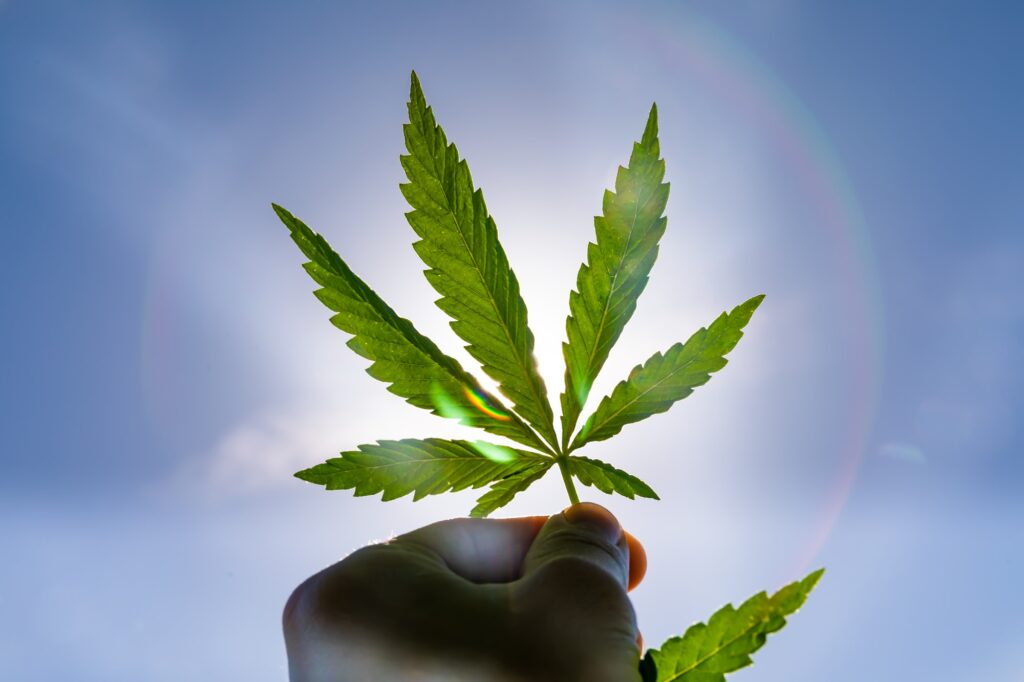As of November 2020, 14 states have legitimized recreational cannabis use in the United States. They are among 44 states that permit the utilization of cannabis in some form; most others take into consideration utilization of the substance for restorative or medical purposes, with only 6 states remaining where marijuana is still considered illegal in all forms.
You will find a comprehensive map which indicates the current legal status of cannabis on a state-by-state basis on this website:
https://disa.com/map-of-marijuana-legality-by-state
This listing is updated on a monthly basis and is current as of the posting of this article. You will find links to each state’s marijuana regulations there as well.
Again, this is an overview of common regulations, not a comprehensive analysis of regulations in each state.
Developing, selling and distributing
Take note that developing and selling marijuana is unlawful under federal law, however that standard is not being enforced by the U.S. attorney general. This trend towards legalization started under President Barack Obama, whose administration looked to decriminalize lesser drug offenses and furthermore sought to enable states to choose whether they needed to permit medical and recreational marijuana use.
While state laws do not authoritatively outweigh federal law, they do essentially hold influence as long as the federal government keeps standing aside and chooses not to prosecute cases of violation of federal statutes.
What amount of security does a cannabis business need?
With all of that stated, it should be clear that most cannabis operations need a significant amount of security.
While the particulars of these security frameworks will change contingent upon the area and kind of business (growers, dispensaries, cultivators, and producers regularly face various guidelines depending upon how they’re taking care of cannabis), by and large, compliance norms require security frameworks that guarantee:
- Marijuana is carefully managed according to state and sometimes local regulations.
- Cannabis products are secure at each stage (during cultivating, processing, storage and transportation).
- Inventories are carefully monitored and under surveillance.
- Accurate digital records are maintained.
- Notices are sent to proper authorities in a timely fashion in case of a lapse or breech in security.
Compliance issues vary from state-to-state
Cannabis security is significant on the grounds that it improves the safety of the employees at the business, in a similar way that security at a bank or jewelry store requires. Security is also critical because an absence of security prompts compliance enforcement and penalties.
Like the compliance guidelines themselves, the particulars of penalties differ from occurrence to occurrence and from state-to-state (or locality). However, on the more extreme side of the range, an absence of appropriate security can prompt business closure (normally through the revocation of licenses and permits) to the possibility of even prison time if carelessness or willful wrongdoing prompts criminal charges .
In our next article, we will investigate specific challenges and best-practice solutions for enhanced security within the Cannabis industry




